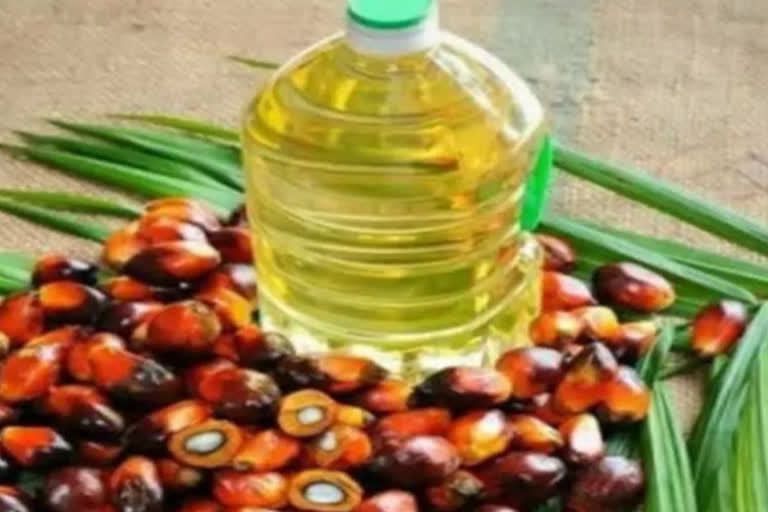New Delhi: Indonesia’s decision to include crude palm oil (CPO) in the scope of its export ban that came into effect on Thursday (April 28) is likely to affect both supply and prices of edible oils globally, with India being hit particularly hard as nearly half of India’s palm oil supply will be under cloud. According to some estimates, the move could remove nearly 2 million tonnes of palm oil supply from the global market every month. It is equivalent to nearly half of the monthly traded supplies of crude palm oil globally.
According to analysts, it would lead to a rise in substitution demand for other oils and would lead to a widespread rise in edible oil prices. The problem has already been complicated as sunflower oil supplies from Ukraine have been disrupted due to the ongoing war with Russia. Indonesia’s ban puts half of India’s palm oil supply under a cloud, while also increasing consumer inflation.
Moreover, high imports by India at a time when the Indian rupee is declining will affect the landed prices of other edible oils. However, according to research by India Ratings, the ban is unlikely to sustain for a long duration, given that Indonesia consumes less than 40% of its total palm oil production, resulting in the impact being transitory.
Indonesia’s palm oil export ban
On April 22, Indonesia announced a ban on palm oil exports to increase domestic availability and to control the rising prices in the country. According to some local media reports published a few days later, the ban did not apply to crude palm oil but to refined bleached deodorised palm olein. However, just a day before the export ban was to come into effect, the Indonesian government widened the scope to also include crude palm oil.
India world’s largest importer of palm oil
India is the world’s largest importer and second-largest consumer of palm oil, which accounts for nearly 30 per cent of the country’s edible oil consumption. India only produces a small amount of its edible oil demands as it imports over 90 per cent of its 22 million tonnes of annual demand. Most of the demands are met through import of crude palm oil. Indonesia and Malaysia being the two biggest suppliers to India while Thailand also supplies a small amount of crude palm oil to India. Indonesia’s export ban is going to particularly hit India where retail prices of edible oils are already at an elevated level for the last several years.



